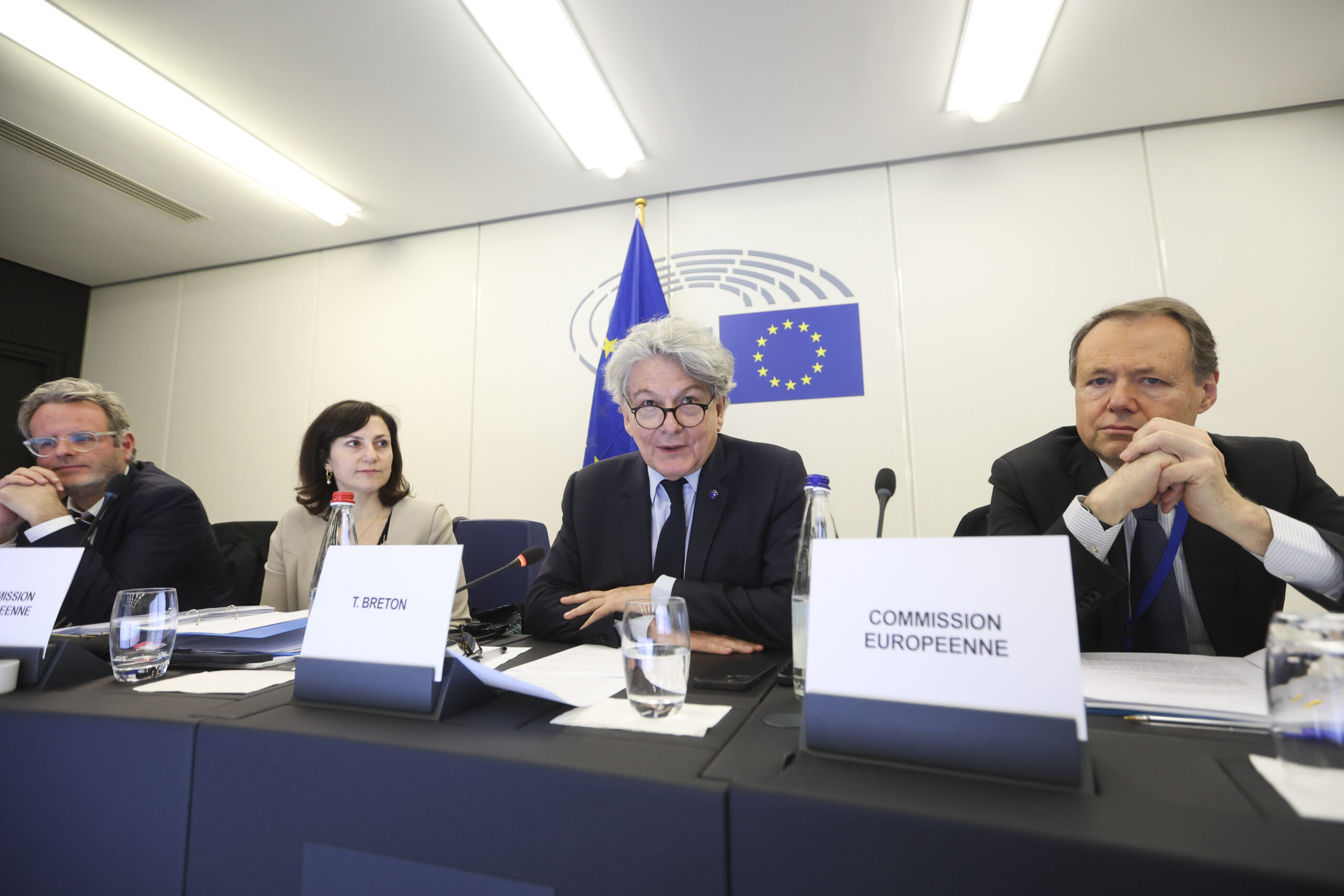Brussels – The European Parliament and the EU Council have reached an agreement to update the obsolete 2014 European directive on broadband cost reduction. With the new Gigabit Infrastructure Act (GIA), the EU wants to definitely shift gears and accelerate the deployment of the infrastructure that holds up 5G networks. While simultaneously cutting “unnecessarily high” costs.
The legislation was proposed by the European Commission in February 2023, to achieve the connectivity goals defined in the EU’s digital compass for this decade. Namely, fast broadband connectivity (at least 5G) for all citizens of the 27 member countries and the elimination of a widening disparity in access and digital literacy between urban and rural centers.
On the one hand, reducing the costs of infrastructure deployment, mainly due to the licensing procedures before networks are built or upgraded. Procedures which are “still complex, sometimes lengthy, and different from one member state to another.” On the other by speeding up the deployment of networks, ensuring legal certainty and transparency for all economic actors involved, and providing more efficient planning and deployment processes for electronic communication public networks operators.

“In Europe, the roll-out of fibre and 5G could be much easier with less administration,” admitted Petra De Sutter, Belgian deputy prime minister who led the negotiations with the European Parliament on behalf of the EU Council. For the European Commissioner for the Single Market, Thierry Breton, the agreement is “a new step towards a true digital single market,” defining and harmonizing rules “to accelerate network deployment, reduce bureaucracy and bring fibre to everyone, everywhere.”
The tentative agreement maintains the general thrust of the Commission’s proposal, although the two co-legislators modified some articles. A mandatory reconciliation mechanism between public entities and telecommunications operators to facilitate the licensing process and an exception for a transitional period for smaller municipalities were introduced, as well as specific provisions to promote connectivity in rural and remote areas. Several exceptions were also provided for critical national infrastructures.
During the negotiations, parliament negotiators secured the principle of “tacit consent,” according to which permission to install new infrastructure would be granted if the administrative authority did not respond within four months.
The end of roaming tariffs for intra-EU communication
Finally, given that the current retail price for regulated intra-EU communications will expire on May 14, 2024, the provisional agreement provides for the continuation of protection of consumers, especially vulnerable users, by extending price caps, which are €0.19 per minute for calls and €0.06 per SMS. Until 2029 at the latest, when “there should be no more retail price differentiation based solely on the fact that calls are originated or terminated in different member states.” Thus, the abolition of intra-EU tariffs.
Romanian Liberal MEP, Alin Mituța, the proposal’s rapporteur for the European Parliament, said, “With this regulation, combined with the end of roaming charges, calls to and from anywhere in Europe will be perfectly aligned with national charges. This is the end of borders for communication.”
English version by the Translation Service of Withub




